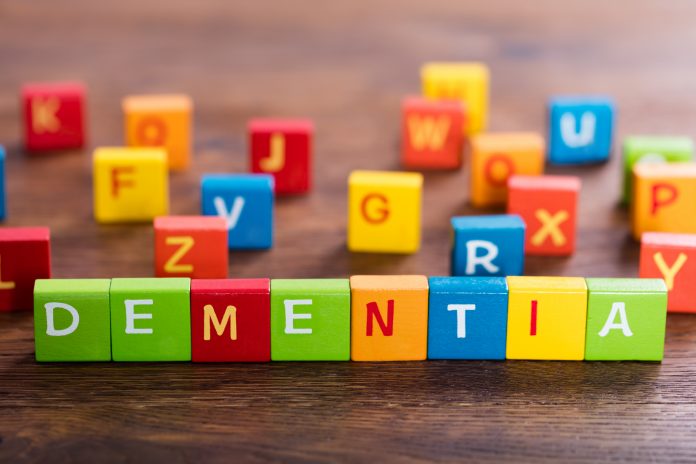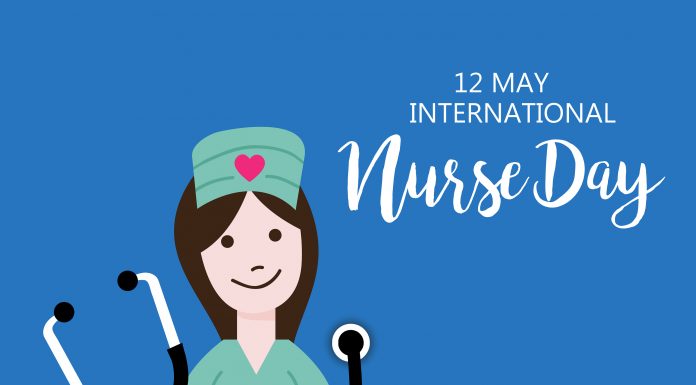Young onset dementia or early onset dementia typically affects those between the ages of 30 and 65. Statistics of dementia at a younger age are inaccurate because it is unexpected. Early onset dementia is also difficult to diagnose.
Facts on Early Onset Dementia
- Approximately 5 percent of the more than 5 million Americans with Alzheimer’s have younger-onset Alzheimer’s.
- Stress or other diseases are often contribute to symptoms of early onset dementia.
- Early onset dementia affects each person differently. Therefore the symptoms are different in everyone.
- Early onset dementia may be related to rare genes that cause Alzheimer’s. For those who inherit these genes, dementia may begin as early as the age of 30. Family members in multiple generations may be affected.
- A correct diagnosis is extremely important. Patients will need cognitive evaluations or neuropsychological testing. If there is loss of memory the tests can show this. Comprehension, judgement and reading, all of which can also be affected by dementia.
Since dementia can occur at a younger age, it also causes loss. It could be loss of physical and mental abilities or loss of jobs and finances. For most people with early onset dementia, the disease strikes in the prime of their lives. They may have young families, jobs and mortgages. Their future plans may be destroyed because of the onset of the illness. As with other diseases which can occur in those years, major changes have to be made.
The biggest adjustment is accepting the fact that you can no longer do most of the things you once did. Many of those with young onset dementia also lose friendships as others have a difficult time coming to terms with their illness. Children may also be affected. They see a parent changing and may believe it is their fault. For those with early onset dementia it is very important that they find resources for handling their illness. Speak with your healthcare provider to find support in your community. Read as much as you can about your illness. You can handle this disease in a healthier way by being informed.






















